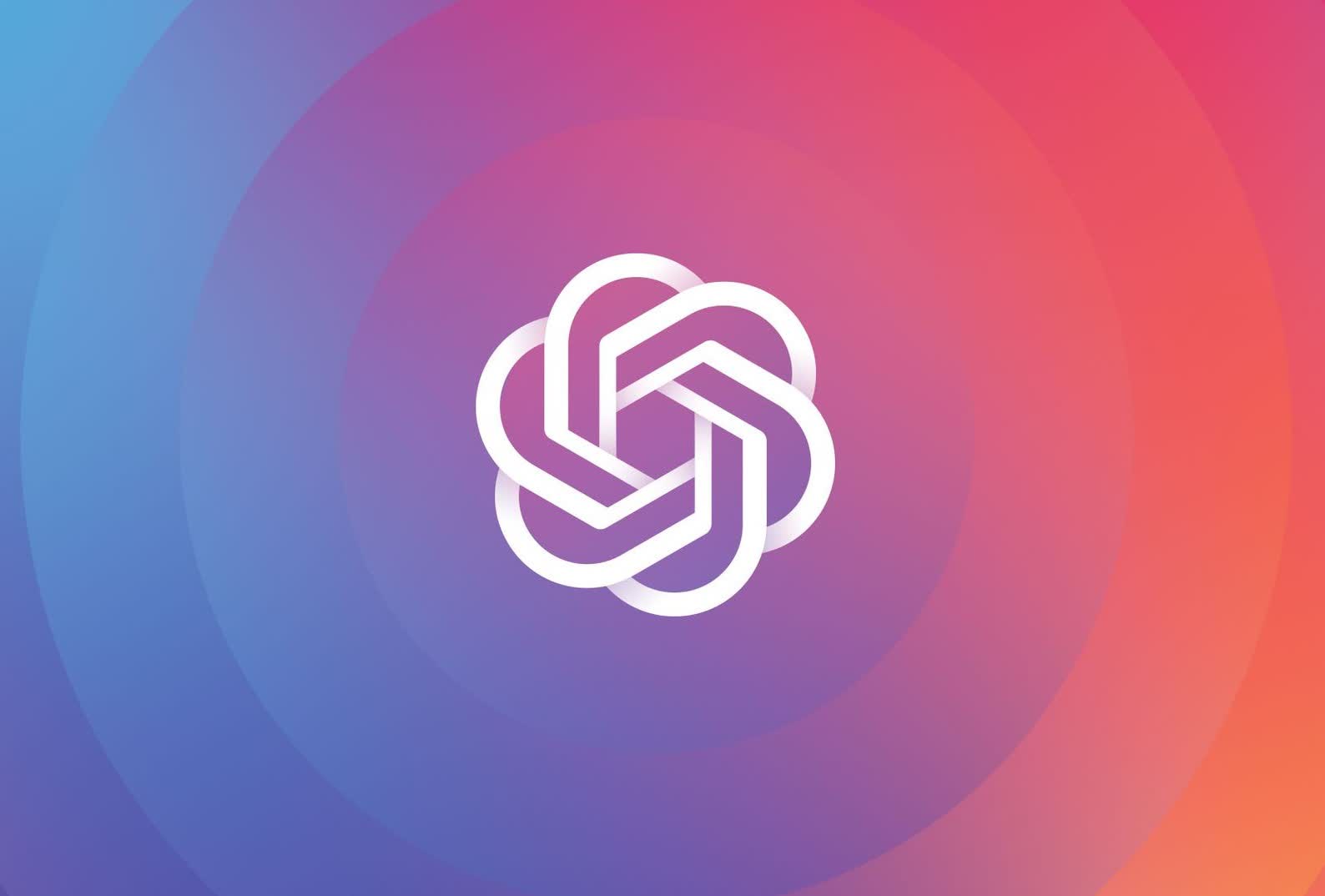Why it matters: Many believe 2023 to be the year AI goes mainstream, driven by significant investments in any company or product with "AI" or "machine learning" attached to the name. Microsoft's renewed partnership with OpenAI doesn't confirm that prediction. However it shows that the Redmond giant is moving from its failed mixed reality efforts to dreaming big about a future of apps and services powered by artificial intelligence.
Microsoft has announced a "multibillion-dollar" investment in OpenAI, the artificial intelligence firm behind the wildly popular ChatGPT service and other projects like DALL-E and GPT-3. The reveal comes hot on the heels of massive layoffs that affected almost every team that had previously been working on Microsoft's metaverse and mixed reality efforts.
The two companies have been quietly collaborating for years, and the latest move signals Redmond is deeply interested in OpenAI's tech as a way to improve its software and cloud services ecosystems. The partnership started in 2016 but became prominent in 2019 when Microsoft doubled a $1 billion investment made by OpenAI's founders and other investors.
Over the following years, OpenAI received an estimated $2 billion and built its infrastructure around Microsoft Azure. Training and testing AI models requires considerable processing power, so Microsoft even developed a dedicated supercomputer to spearhead OpenAI's efforts.
The two companies are short on details regarding their renewed partnership goals. However, Microsoft says we can expect "new categories of digital experiences" for consumers and businesses soon. Bloomberg notes that the investment is estimated at $10 billion over the next few years.

The rumor mill recently spilled something about Microsoft infusing its Bing search engine and the entire suite of Microsoft 365 apps with the power of GPT-4 --- a yet unreleased AI model that OpenAI should launch later this year. Considering the strong response from companies like Google, a chatbot as a spiritual successor to the infamous Clippy assistant from the 90s doesn't sound that far-fetched.
Much hype surrounds OpenAI's tech in general and ChatGPT in particular. People who have used the tool find it capable of giving believable answers to a wide variety of text prompts. You can ask it to construct poems, answer scientific questions, or even write code for an app or service. In other words, it can imitate how real people write and talk in a way that has captured the imagination of people worldwide.
The responses ChatGPT spews out are far from perfect, but some people are worried the tool could quickly evolve to replace some jobs and create problems, such as students using it to cheat on final exams.
Others like Yann LeCun, Meta's AI chief scientist, are not nearly as impressed with the tool's current capabilities. During a recent virtual press event, LeCun said, "in terms of underlying techniques, ChatGPT is not particularly innovative."
While the scientist believes it to be "well put together" from an engineering standpoint, he stresses that several organizations developed the various tech that makes it work over many years.
In other words, it's not the tech itself that's impressive but rather the scale of the data that's been used to train GPT-3.5, the model that serves as a basis of ChatGPT in its current form. When asked why companies like Meta and Google have yet to unveil similar tools, LeCun explained that both companies would have "a lot to lose by putting out systems that make stuff up."
Many machine learning experts agree with LeCun. The consensus is that generative AI tools like ChatGPT have great potential to augment creative work, but there are many obstacles to achieving this goal. Examples include:
- Legal issues around copyrighted works being used for training AI models.
- The potential for use in cybercrime.
- The relatively high chance that an AI model will generate wrong and biased answers or otherwise unusable results.
Interestingly, even OpenAI CEO Sam Altman believes the enthusiasm around his company's technology must be taken down a notch. Enthusiasts are already wildly speculating about the highly anticipated GPT-3 successor, but Altman says they're "begging to be disappointed, and they will be."
